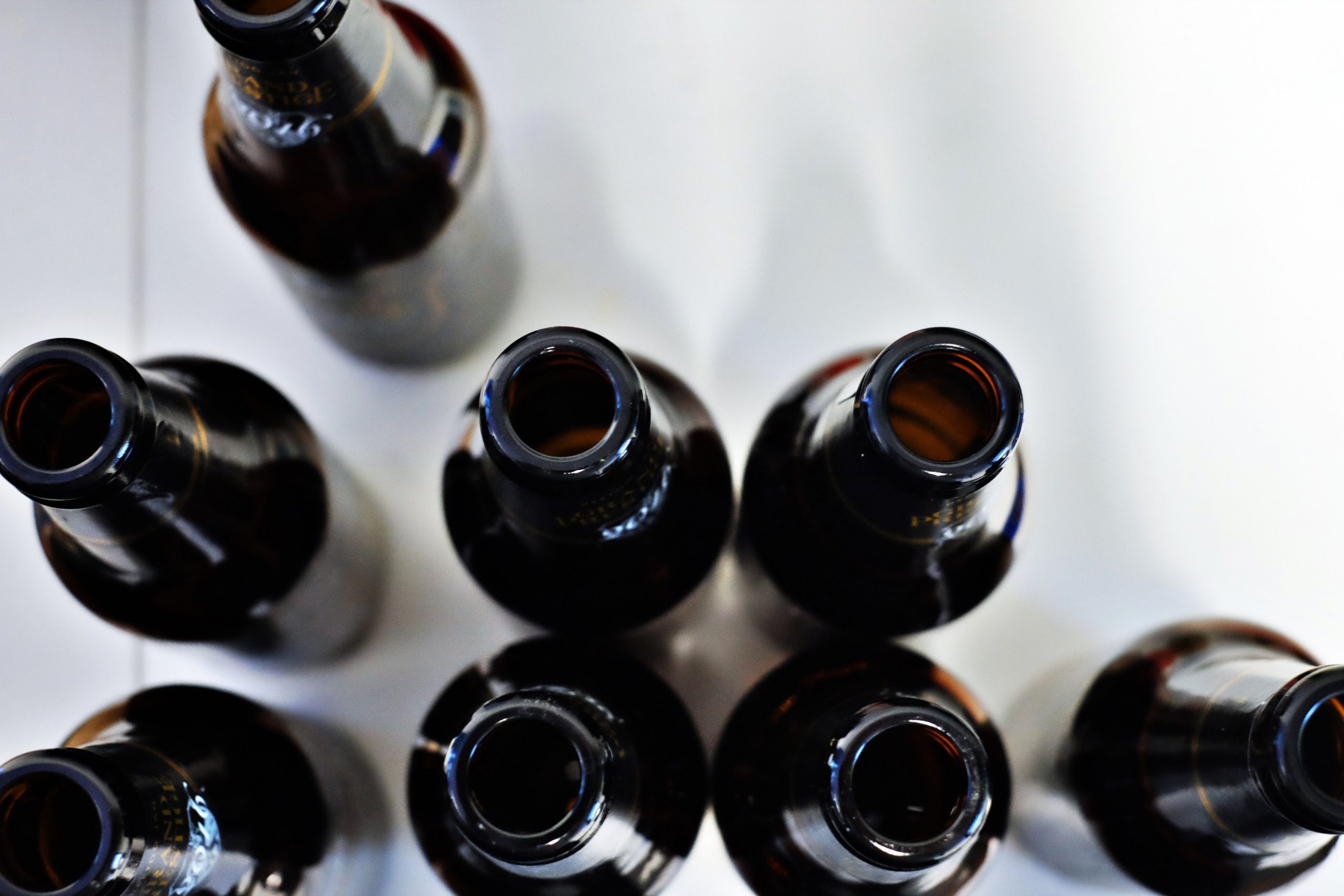In these trying times of heightened anxiety and stress, some people may consume alcohol to deal with the present crisis. However, what people must know that there are healthy coping alternatives to battle depression and anxiety. Eric Dalius provides insightful information on how alcohol impacts the immune system.
Studies reveal that most individuals feel they are under moderate or high-stress levels most of the time. Stress plays a vital role in the immune system. It has detrimental effects on cholesterol level, blood pressure, blood sugar level, brain chemistry, and hormonal balance.

You may also view it as a cardiovascular risk component. However, some studies reveal that short-term stress can boost the immune system. However, chronic stress has a significant negative impact on the immune system. Since the coronavirus vaccine is yet to come, people have to rely on their immune system for fighting the virus.
How can drinking alcohol affect your immune system?
For many people drinking alcohol is a quick fix strategy. They believe it reduces the feeling of sadness, helps them socialize with others, and combat daily stressors. However, they forget that alcohol is a depressant. Alcohol hurts the ability to fight disease. Hence, highlighting its impact on the immune system is very necessary. The combination of alcohol and stress turns into a health risk. Also, the combination of vaping or smoking and alcohol puts the lungs at risk.
What are the digestive and inflammatory damages?
Drinking too much may cause unusual activation of digestive enzymes. These enzymes may lead to inflammation, called pancreatitis. It can be a long-term condition and cause serious complications. Apart from this, severe inflammatory damages may result from heavy drinking. The liver is a vital organ of the human body that helps break down and remove harmful elements. Alcohol interferes with this process. It also increases the risk of liver diseases and chronic liver inflammation. The scarring resulting from inflammation is called cirrhosis.
Affects sugar level and central nervous system
When the liver and pancreas are not working correctly, you run the risk of hypoglycemia or low blood sugar. The problem may turn to hyperglycemia when the pancreas gets damaged and prevents the body from generating insulin. There are more significant complications and side effects in the absence of a proper balance of sugar level. In severe cases, you may develop diabetes. Alcohol may reduce communication between your body and your brain. It creates problems with coordination.
As it causes damage to the central nervous system, you may experience a tingling sensation and numbness. It also limits your ability to think rationally and clearly. With time, frontal lobe damage also occurs. In case of severe alcohol abuse, you may have more extreme symptoms like brain disorder that affects memory.
Reproductive health
Many people believe that drinking alcohol may lower their inhibitions. The reality is different because people who drink too much may experience a lot of fertility issues. On the other hand, some women who drink at high levels may stop menstruating. It increases their risk of infertility. Heavy drinking during pregnancy increases the risk of premature delivery, stillbirth, or miscarriage. Drinking during gestation puts the unborn child at the risk of fetal alcohol syndrome disorders.
An overall view of risky drinking
Risky drinkers are those who drink high levels when they drink. For men, when they go for five or more drinks, and females, when they go for four or more drinks, it amounts to risky drinking. The risky drinkers risk their health and damage various organs like the heart, liver, brain, and lungs.
Research shows that the current economic situation, the fear of job loss, salary cut downs, and other related stresses are significant reasons for the increase in the number of risky drinkers. People see drinking as a way of coping with their current situation. However, what they do not realize is the negative effect of drinking on their health and immune system.
There are several stress reduction strategies, and the choice you make will either increase or decrease your immune power. There are five significant areas of health and wellbeing, which need attention. Your choice of stress reduction strategies must ensure the proper functioning of the immune system. The plan must address all five areas of health.
- Physical:a healthy diet and regular exercise are mandatory to take care of physical health. Try to go for a walk, jogging, dancing, working in the yard, playing ball with your pet, etc. Eat healthy food and ensure blood circulation by staying physically active.
- Emotional:try to look for ways to acknowledge what you feel and find ways to address your problems.
- Mental:new hobbies, new skills, learning a new language, reading, and taking a class may help you kill time by doing things that stimulate your brain. Try to focus on positive things, fun, and laughter.
- Social:try to work on your social connections, be it with family members, friends, or digital groups over the phone. The online game, book clubs, and virtual get-togethers are a great option to increase your social network.
- Spiritual:try to connect with the things which give worth and meaning to your activities and existence. According to Eric J Dalius, spiritual wellbeing is integrally related to mental health, which, on the other hand, is related to physical wellbeing. Hence, taking care of spiritual wellbeing is an integral part of ensuring overall health.
Meeting people is not possible right now; however, you may garner support from social media and web portals. There is an emergence of electronic meetings to overcome alcoholism. Many sobriety groups on the digital platform, telehealth centers, and chat rooms available on social media to help you quit drinking, says EJ Dalius.
They are instrumental in helping not only risky drinkers but also the people who have developed drinking habits owing to the spread of novel coronavirus. Thus, you must cut down on alcohol consumption to remain fit and active during the pandemic.
